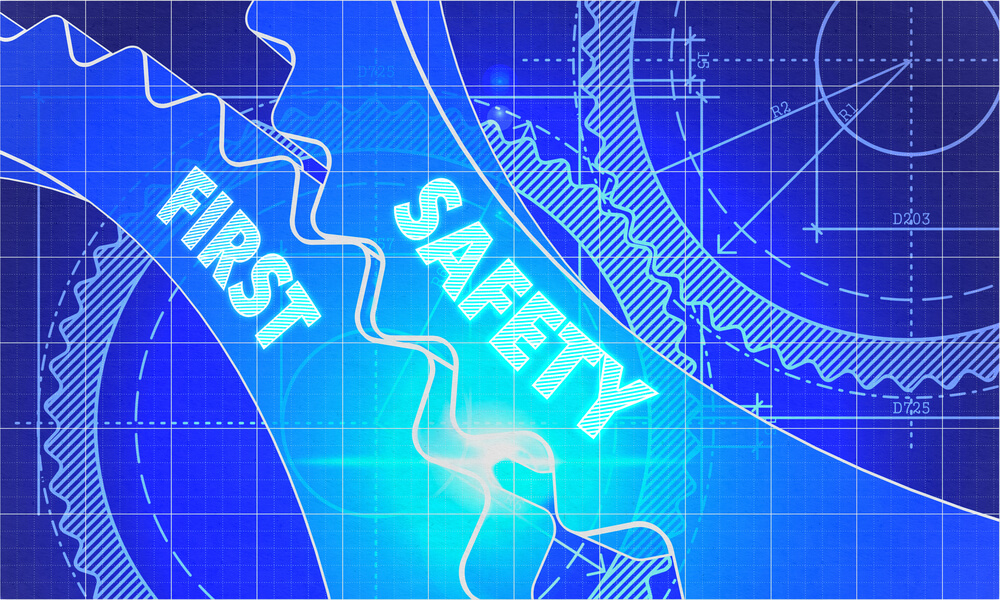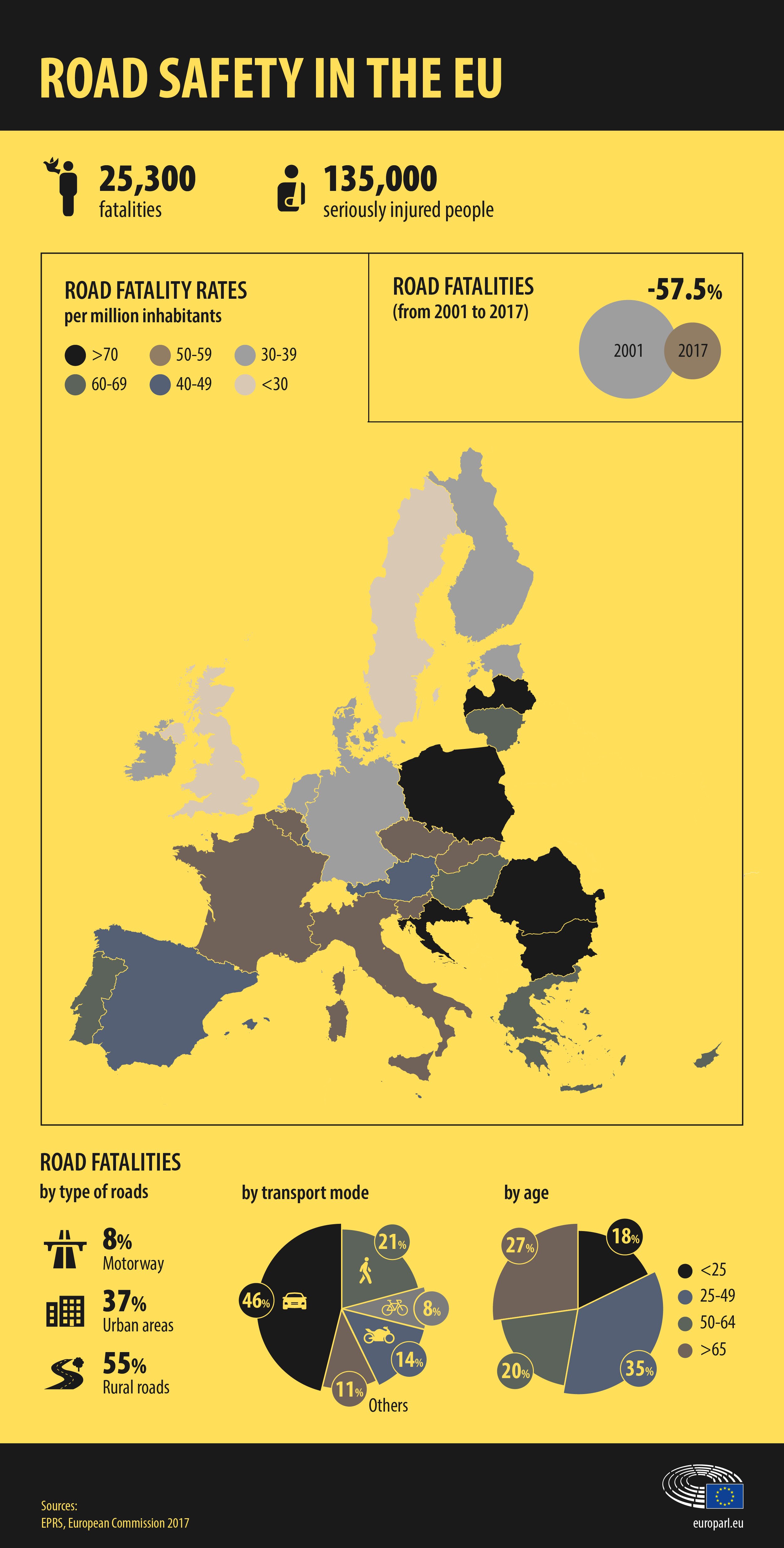
Starting from 16 April 2019, new rules governing advanced vehicle safety are to be incorporated into the technology of manufactured vehicles as a legal requirement for the EU market. The rules need to be given the go-ahead from the EU Council in order to come into effect from May 2022 for new models and May 2024 for those models already in use.
The new vehicles will be fitted with roughly 30 life-saving technologies. Some examples are listed below:
- Intelligent speed assistance to make a driver aware when exceeding the speed limit
- Driver drowsiness and attention warning
- Advanced driver distraction warning to help keep attention on the traffic situation
- Emergency stop signal in the form of a light, signalling road users behind the vehicle that the driver is braking suddenly
- Reversing detection system to avoid collisions with people and objects behind the vehicle, with the help of a camera or a monitor
- Tyre pressure monitoring system warning the driver when a loss of pressure occurs
- Alcohol interlock installation facilitation allowing aftermarket alcohol interlock devices to be fitted
- Event data recorder to register relevant data shortly before, during, and immediately after a road accident
There will be some safety innovations for passenger cars and LCVs which will be obliged to adopt some of the safety features that are already in place for buses and lorries such as an emergency braking system and an emergency lane-keeping system.
As for buses and trucks, the new safety features earmarked for them are quite sophisticated: direct vision features, for example, enable the driver to more easily spot vulnerable road users; there are also systems to help detect pedestrians and cyclists in close proximity to the vehicle.
The statistical projections behind this dramatic overhaul of vehicle safety are quite compelling: the new technology could prevent more than 25,000 fatalities and 140,000 serious injuries leading up to 2038. One statistic is especially convincing: human error accounts for 95% of all road traffic accidents.
The EU has made public an infographic highlighting the statistical breakdown of road fatalities by country:

It clearly demonstrates that thousands of people are killed or severely injured every year on EU highways. But it also demonstrates that from 2001-2007 technological safety advances and social attitudes reduced road fatalities by 57.5%. Unfortunately, the figures also indicate that this pronounced reduction in road deaths is slowing. Sadly, Bulgaria, Croatia and Romania did not have a good road safety record in 2017, while Sweden, the Netherlands and the UK were the safest countries for that year.





